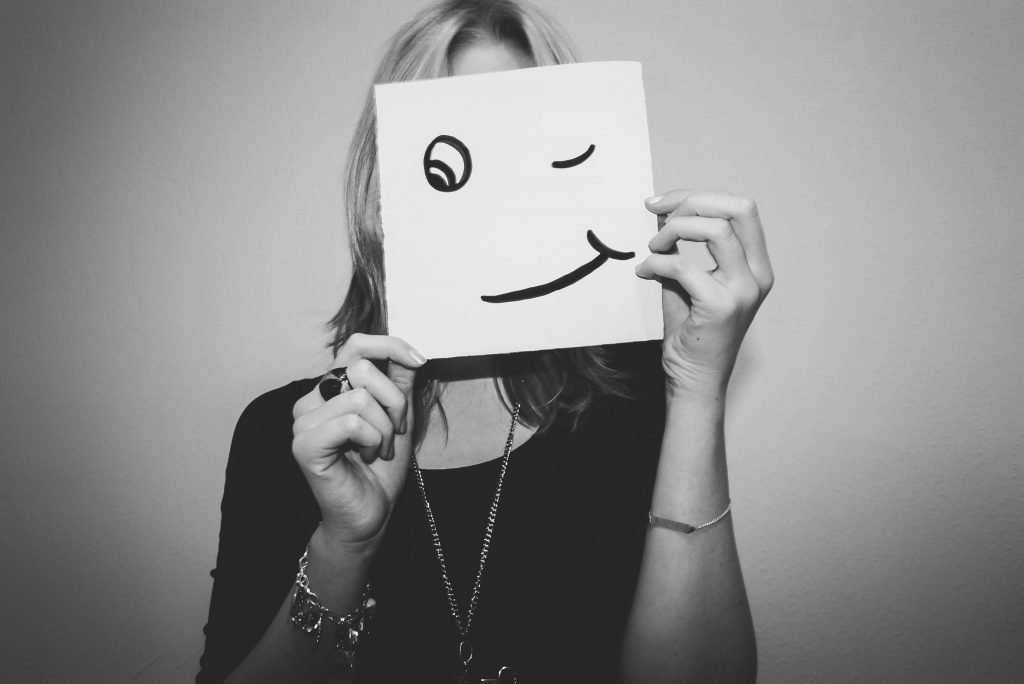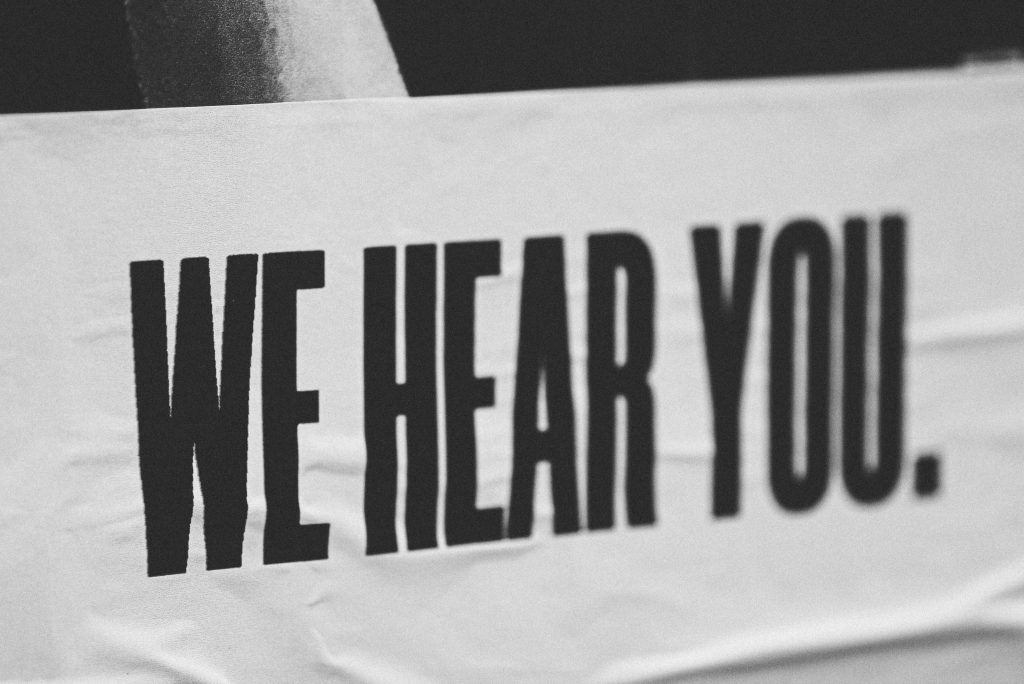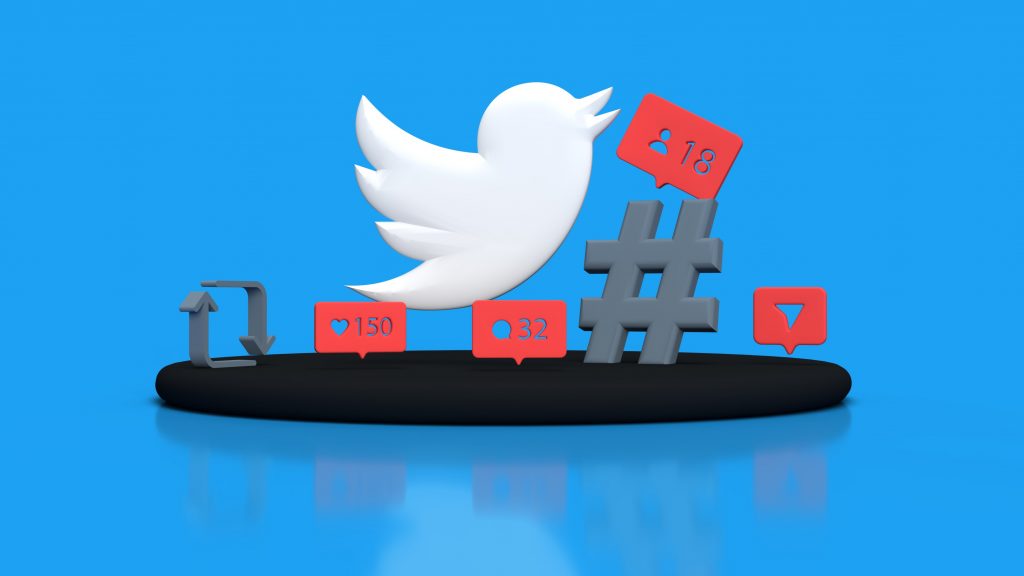A debate has raged for some years now over whether or not social networks should ban anonymous accounts.
As someone who’s on Twitter daily, I see a lot of abuse, harassment, trolling, and misinformation being spread by accounts with an egg as their avatar and FirstNameLotsOfNumbers as their username but I also see something else.
I see people using account names that represent their true identity (the one they can’t express in their offline lives). I see creative people using accounts to roleplay or share their art with fan communities. I see people running several Twitter or Instagram accounts that reflect different aspects of their personality or side hustles they’re working on.
We’re all more aware of being judged on our social presences these days – many universities and employers will look up their prospective employees on social before deciding whether or not to hire them. Of course, it gets easier when you’re more established in your career – and perhaps more confident. But it’s easy for me to think this as I’m in quite a privileged position.
Real name policies often don’t result in better behaviour
Facebook mandates the use of real names (although there are probably many people who simply make them up), yet the site still has a considerable problem with user behaviour. From here, many media sites will require Facebook logins to comment on their articles, and again you see some pretty horrible posts from these people.
On Twitter, you can find many verified accounts – where the person is using their real name – that still harass people, post abuse and spread misinformation.
Twitter’s recent investigation into the racist abuse posted during the Euros found that 99% of the accounts it banned were already identifiable and that “ID verification would have been unlikely to prevent the abuse from happening”.
Social networks see online abuse as a societal problem, and they’re right.
How would social networks police the use of real identities?
Would they need proof of identity documents? This could discriminate against people who don’t have them – not everyone drives or has a passport. These are often the most vulnerable people in society, people who often use social media to get help when they need it most.
Many people wouldn’t be comfortable giving copies of identity documents to social networks anyway. We’ve already seen that user data can be compromised (and then there’s what happened with Cambridge Analytica).
Perhaps a government-issued ID card is the way to go? But this could have civil liberty issues.
A real-name policy would destroy marginalised communities and harm the vulnerable
Social media has become a vital place for members of the LGBTQ+ community to meet their community and experiment with their identities – they may not have the freedom to do this offline. Revealing their real names could destroy this space for them.
And in some countries where LGBTQ+ people are criminalised, disclosing their true identity could represent a real threat to their lives and liberty.
People who are exploring their gender identity may not wish to disclose or use their birth or registered name, or could face discrimination if they do so.
There are also issues for domestic abuse and stalking survivors who are using social media via a username, rather than their own names, to communicate without their abusers finding them and harassing them on or offline.
The death of social media anonymity could ruin creativity and freedom of expression
Social media fan communities are full of people who gush over fictional characters, create art that may be NSFW, write fan fiction and create entire channels on YouTube under pseudonyms. Many of these people don’t post this content under their real names because they fear judgement, job loss or discrimination from their employers, friends and family.
These communities not only connect people from around the world, they act as a launchpad for people to find and develop new interests and skills. They help people explore parts of their personality they’ve been forced to bury. They also help to keep things like gaming franchises vibrant and growing while players wait for that much anticipated new game.
Many people would be much less likely to share certain content if they had their real name attached to it and the possibility of an interviewer looking them up and judging them on it.
Social media anonymity is not just about freedom of expression but the freedom to live the life you want to live. Social networks need to tackle online abuse. But banning anonymity online is not the way to achieve this.
–
Featured photo by Crazy Cake on Unsplash








